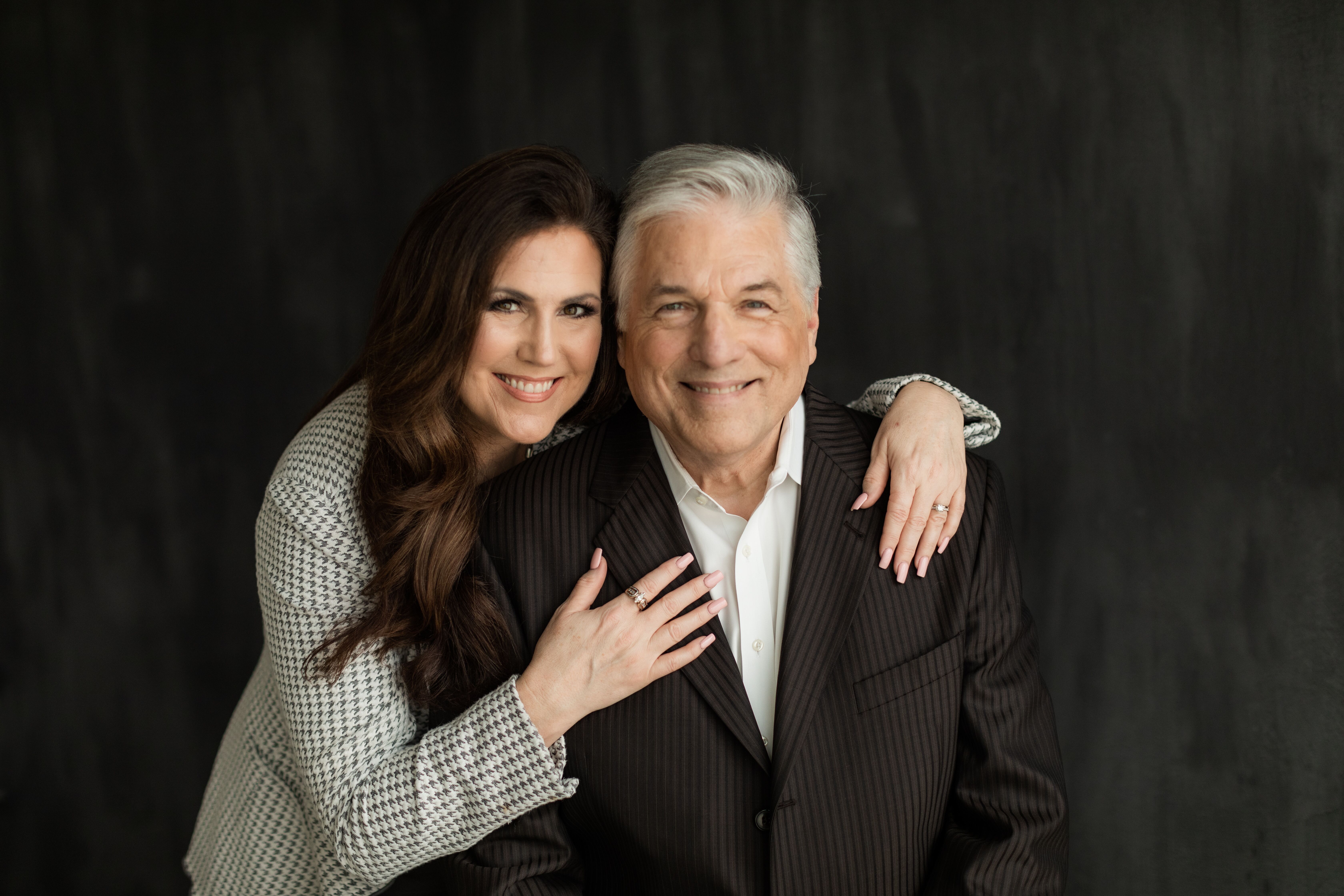Turning Point is a diverse family of people from many ethnic and denominational backgrounds, of different ages, and from all walks of life. We’re excited about Jesus and strongly focused on taking the Good News of Jesus to the world.
Our Vision
For all people to know God, walk in freedom, discover purpose, and influence culture
Our Mission

InReach
Building Christ in every Christian
(John 4:23-24)

OutReach
Reaching the world with the good news of Christ
(Mark 16:15)

UpReach
Leading every Christian into the presence of Christ
(John 4:2)
Our Beliefs
The God described in the Bible is not only the creator of the universe but also the ultimate authority. This God has existed for all of eternity and is a single entity with three distinct and equal persons: God the Father, God the Son (Jesus), and God the Holy Spirit. You can find this concept in verses like Genesis 1:1, 26-27, Psalms 90:2, Matthew 28:19, 2 Corinthians 13:14, and 1 Peter 1:2.
While our physical bodies will eventually die, our souls are eternal. Each person will either experience everlasting separation from God in a place called hell due to their sins or live forever with God in a perfect place called heaven, all thanks to what Jesus did. Relevant Bible verses include John 3:16, Romans 6:23, 1 John 2:25, 5:11-13, and Revelation 20:15.
Jesus, who is both the second member of the Trinity and the Son of God, had both human and divine natures. He was born to the virgin Mary through the Holy Spirit, and he demonstrated his divine nature through miracles while living a completely sinless life. He offered himself as a sacrifice for everyone’s sins by dying on a cross, and three days later, he rose from the dead, proving his power over death and sin. Jesus is currently reigning in heaven but will return one day to rule over the Earth. The Bible references for this include Isaiah 9:6, Matthew 1:22-23, John 1:1-5, 14:10-30, Romans 1:3-4, Acts 1:9-11, 1 Corinthians 15:3-4, Hebrews 4:14-15, 1 Timothy 6:14-15, and Titus 2:13.
God offers salvation as a free gift to humanity, and it doesn’t depend on our good deeds or any personal efforts. The only way to receive salvation is by having faith in Jesus Christ, believing in his death, burial, and resurrection. When we trust in Christ because of God’s grace, we receive eternal life immediately. This can be found in verses like John 1:12, 14:6, Romans 5:1, 6:23, Ephesians 2:8-9, Galatians 3:26, and Titus 3:5.
The Holy Spirit is another member of the Trinity and holds an equal status alongside the Father and the Son. The Holy Spirit plays a vital role in the world by revealing the truth about sin, righteousness, and the judgment to come. The Spirit resides within believers, providing them with strength, guidance, instruction, transformation, and helping them become more like Christ. This is discussed in verses like John 14:16-17, 16:7-13, Acts 1:8, Ephesians 1:13, 5:18, 1 Corinthians 2:12, 3:16, 2 Corinthians 3:17, and Galatians 5:25.
The Bible is God’s sacred and inspired word, containing no errors of any kind. It provides guidance for human life and salvation and serves as the ultimate and non-negotiable source of truth about moral behavior, life, and faith. You can see this reflected in verses such as Psalms 12:6, 119:105, 160, Proverbs 30:5, 2 Timothy 1:13, 3:16-17, and 2 Peter 1:20-21.
Water baptism is an important step of obedience for individuals who have repented of their sins and want to publicly profess their faith in Christ. Although our salvation doesn’t depend on it, it serves as a declaration of our genuine commitment to the Lord. Through baptism, we symbolize the death of our old selves and the birth of a new spiritual life. This is discussed in Matthew 28:19-20, Romans 6:4, Acts 2:38, and 10:48.
Jesus’ life and ministry illustrate the principle of supernatural healing, and this is also a part of the final mission Jesus gave to his disciples. While our belief firmly supports divine healing and praying for the sick, it doesn’t attribute a lack of healing to the individual’s faith. This perspective aligns with biblical teachings and rejects the notion that a person’s lack of healing is due to their faith’s failure.

Pastor Jeff Wickwire
Pastor Jeff Wickwire is a seasoned pastor, author, and international speaker with over 40 years of experience in ministry. His journey of faith began as a teenager in a juvenile detention center, where he encountered Christ and committed his life to serving God. Since then, he has passionately dedicated himself to teaching the Word and shepherding others into a deeper relationship with Jesus.
In 2004, Pastor Jeff founded Turning Point Church in Fort Worth, Texas, where he continues to serve as Senior Pastor. Under his leadership, the church has grown into a vibrant, multi-generational community known for dynamic worship, strong biblical teaching, and impactful outreach ministries.
An accomplished author, Pastor Jeff has written six books, including The Windshield Is Bigger than the Rearview Mirror and Friendships, which offer practical wisdom and spiritual encouragement. He is also the voice behind Hardwired with Jeff Wickwire, a daily radio broadcast and podcast that reaches listeners across the U.S. and in over 100 countries worldwide. His teaching is known for its clarity, storytelling, and deep insight into Scripture.
Alongside his wife, Cyndi—a gifted singer and speaker who leads TPC’s Women’s Ministry—Pastor Jeff is committed to helping individuals experience transformation through the power of God’s Word.
